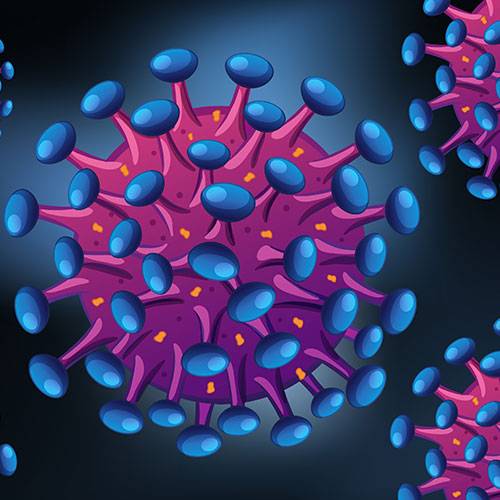HIV (human immunodeficiency virus) and AIDS (acquired immune deficiency syndrome) are caused by a virus that attacks the immune system, leaving the body vulnerable to infections and certain types of cancer.
HIV is primarily transmitted through sexual contact, sharing needles, and from mother to child during pregnancy, childbirth, or breastfeeding.
The initial symptoms of HIV can include fever, fatigue, and a flu-like illness.
However, many people may not experience any symptoms for years after becoming infected. In the later stages of HIV, the virus can progress to AIDS, which is characterized by a severe weakening of the immune system and the development of certain life-threatening illnesses.
The effects of HIV/AIDS can be devastating, both for individuals and for communities. People living with HIV/AIDS often face discrimination and stigma, which can make it difficult for them to find employment and housing, access healthcare, and maintain relationships.
The disease can also have a significant economic impact, as people living with HIV/AIDS may be unable to work and may require expensive medical care.
In addition to the personal and economic effects of HIV/AIDS, the disease also has a significant impact on healthcare systems and public health. In many areas, the disease is a major contributor to the spread of other infectious diseases, such as tuberculosis. In sub-Saharan Africa, for example, HIV/AIDS is a leading cause of death and has led to a decline in life expectancy.
Efforts to prevent and treat HIV/AIDS have been ongoing for decades, with significant progress being made in recent years. Antiretroviral therapy (ART) can slow the progression of HIV to AIDS and can help people living with HIV/AIDS lead longer, healthier lives. In addition, effective prevention methods, such as pre-exposure prophylaxis (PrEP) and condoms, are available to help reduce the risk of HIV transmission.
However, despite these efforts, HIV/AIDS continues to be a major public health concern, with millions of people around the world living with the disease. In order to effectively address the HIV/AIDS pandemic, it is important to continue efforts to prevent transmission, provide access to testing and treatment, and address the social and economic factors that contribute to the spread of the disease.




No comments yet
Be the first to share your thoughts!